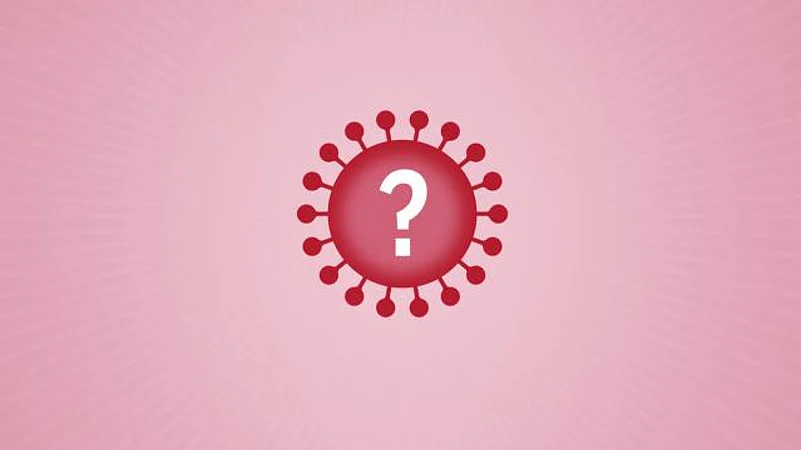Even as the world continues to grapple with SARS-CoV-2 and its variants, scientists in Wuhan - the place where the virus is known to have originated from, have been warning about a new strain of coronavirus that could be even deadlier than Covid-19. Dubbed as 'Neo-Cov', the strain is related to the Middle Eastern respiratory syndrome or MERS-coronavirus. Combined with the high mortality rate of MERS-coronavirus, Neo-Cov is being feared to cause fatalities among one in three patients.
What is Neo-Cov?
In a new research paper that is yet to be peer-reviewed, Chinese researchers have warned of Neo-Cov, a new kind of coronavirus, from South Africa which apparently has a high death and transmission rate. It is associated with the MERS-Coronavirus, a similar type of virus-like SARS-CoV-2, and was first identified in Saudi Arabia in 2012. According to the research, Neo-Cov may carry the high mortality rate of MERS-coronavirus (one in three deaths) with the high transmission rate of SAS-CoV-2, making it a potentially deadly outbreak. as per the World Health Organisation (WHO), MERS-Cov belongs to the large family of coronaviruses that can cause a multitude of diseases including common cold and SARS (Severe Acute Respiratory Syndrome). The new research carried out by scientists at Wuhan University and the Chinese Academy of Sciences’ Institute of Biophysics studied NeoCov - which emerged along with MERS-Cov and found in bats in South Africa.

Is it a new Covi-19 variant?
No, Neo-Cov is not a new Covid-19 variant. It is a strain or another type of coronavirus that was first reported in 2012 and then again during the 2015 outbreak of MERS-Cov. Unlike Delta or Omicron, Neo-Cov is not a variant of SARS-CoV-2, the virus that causes Covid-19 symptoms among affected humans. It is another type of novel coronavirus.
How does Neo-Cov impact humans?
So far, the virus has only been found to infect bats. However, the study, published on bioRxiv website and quoted by Russian news portal Sputnik states that there is a possibility of Neo-Cov and its close relative PDF-2180-CoV infecting humans. In fact, it is just one mutation away from being able to penetrate the human immune system, the paper cites. "Considering the extensive mutations in the RBD regions of the SARS-CoV-2 variants, especially the heavily mutated omicron variant, these viruses may hold a latent potential to infect humans through further adaptation via antigenic drift," the paper said. However, further research is required to prove whether 'Neo-Cov' will really impact humans.
Will vaccines or Covid-19 immunity work against NeoCov?
The study found current immunity or antibodies gained from vaccinations or prior Covid-19 infections may not be effective in preventing NeoCov. This is because NeoCov binds differently with the ACE2 receptor than SARS-CoV-2. While the paper is yet to be peer-reviewed, the findings have been noted by the Russian State Virology and Biotechnology Research Center, which said in a statement last week that findings needed further research.


























